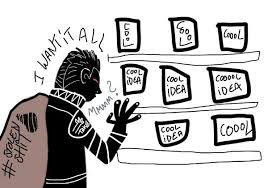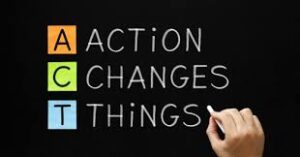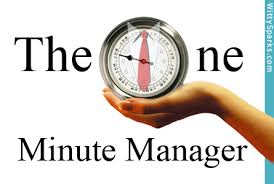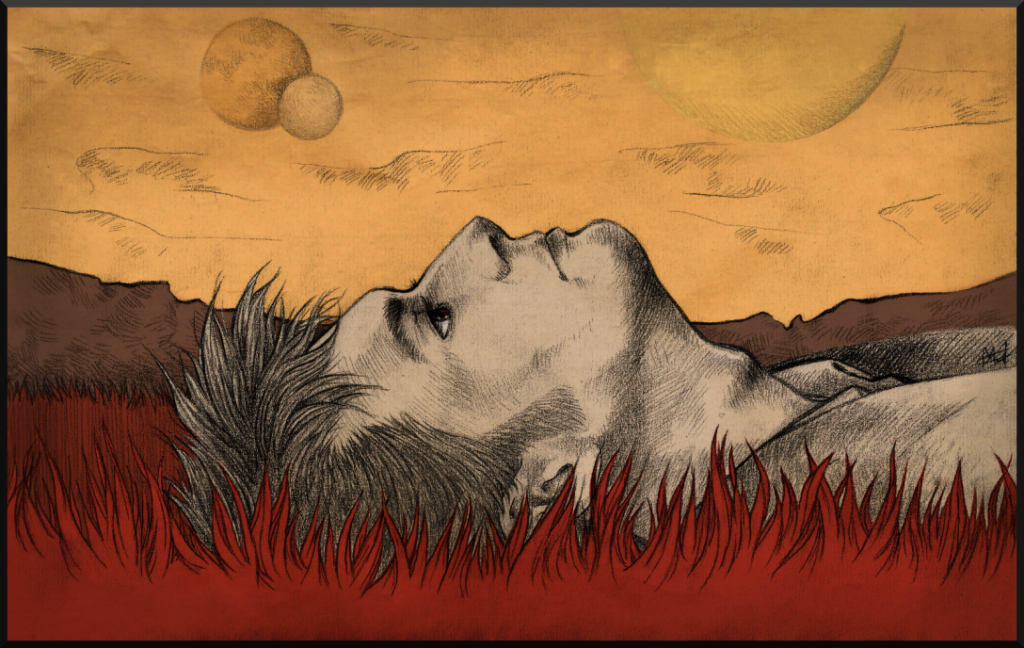 An extract from a brilliant piece by Hugh McLeod. This article is funny, brilliant and insightful. It seems to be not just a revelation about creativity but a way of thinking about working and living in the real world
An extract from a brilliant piece by Hugh McLeod. This article is funny, brilliant and insightful. It seems to be not just a revelation about creativity but a way of thinking about working and living in the real world
1. Ignore everybody.
The more original your idea is, the less good advice other people will be able to give you. You don’t know if your idea is any good the moment it’s created. Neither does anyone else. The most you can hope for is a strong gut feeling that it is.
2. The idea doesn’t have to be big. It just has to be yours.
The sovereignty you have over your work will inspire far more people than the actual content ever will.
Your idea doesn’t have to be big. It just has to be yours alone. The more the idea is yours alone, the more freedom you have to do something really amazing. The more amazing, the more people will click with your idea. The more people click with your idea, the more this little thing of yours will snowball into a big thing…
Continue reading



 The One Minute Manager by Ken Blanchard and Spencer Johnson is one of the best-selling books of all time with 13 million copies published in 37 languages. It is written in story fashion about a young man searching for an effective manager that he can work with. He finds mostly managers who just care about the organization and its results not about the people. He also finds managers who care about the people but their organizations suffer due to lack of attention to organizational goals…
The One Minute Manager by Ken Blanchard and Spencer Johnson is one of the best-selling books of all time with 13 million copies published in 37 languages. It is written in story fashion about a young man searching for an effective manager that he can work with. He finds mostly managers who just care about the organization and its results not about the people. He also finds managers who care about the people but their organizations suffer due to lack of attention to organizational goals… An extract from a brilliant piece by Hugh McLeod. This article is funny, brilliant and insightful. It seems to be not just a revelation about creativity but a way of thinking about working and living in the real world
An extract from a brilliant piece by Hugh McLeod. This article is funny, brilliant and insightful. It seems to be not just a revelation about creativity but a way of thinking about working and living in the real world


Recent Comments